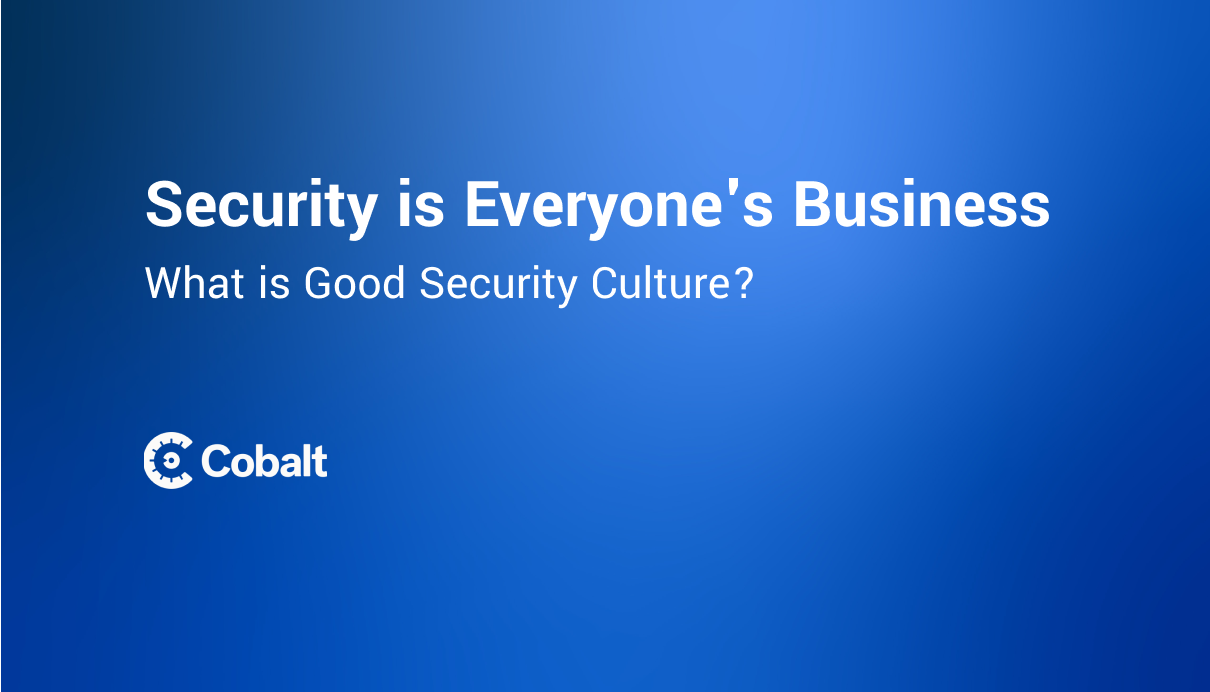Before remote work exploded in 2020, the average small business used 102 third-party apps, while mid-market businesses averaged at 137. These numbers translate to hundreds of vendor reviews, burying security teams in questionnaires and spreadsheets.
Fast forward to 2022 where teams live and work online 24/7, we ask if there's a better way to onboard critical tools without compromising security. Allie from HyperComply helps us learn more.
Hello, Allie! Tell us more about yourself and HyperComply.
My name is Allie and I run the partnerships program at HyperComply. I joined after previously working in sales providing cloud service solutions to software vendors.
HyperComply aims to build the trust layer for B2B relationships, and eliminate the need to spend huge amounts of time filling out security questionnaires and tracking third-party security risks. We are growing quickly, and I like that we are helping solve such a universal pain point in the industry.
What’s the biggest security problem you’re aiming to solve?
The average company uses between 80-100 apps to run their business. This is a win for company efficiency, but a huge risk to company security when each of these apps is plugged into critical infrastructure.
Right now, the safest way to onboard new tools is to assess vendor security through a standardized security questionnaire. These questionnaires are also becoming a required step for companies seeking or maintaining SOC 2 certifications. Distributing and filling out security questionnaires, however, is a painful process that can take weeks to complete, slowing down sales cycles.
HyperComply automates the security questionnaire process, and gives teams a platform to centralize third-party risk assessments. By eliminating repetitive and tedious tasks, we give security teams more time to focus on things that matter most to them.
Tell us about the value you bring to your customers. How do they describe you?
We commonly hear from customers that there's a real inefficiency in the way questionnaires are completed today, which creates unnecessary stress. Filling out massive spreadsheets with hundreds of detailed security questions is certainly not the highest value task for a security leader.
With HyperComply, teams complete security questionnaires in 86% less time. Our customers spend just 34 minutes on average completing questionnaires compared with days of effort using manual processes. This means customers can close sales faster, manage third-party risk more efficiently, free up internal team capacity, and onboard tools with greater confidence.
How do HyperComply and Cobalt click together? What do you think the security community will find most valuable about our partnership?
Penetration testing and security questionnaires go hand in hand for most companies. The need for a pentest typically comes up when a company is in sales conversations with security-minded customers. And the best way to consistently and proactively communicate penetration test results to potential customers is through security questionnaires.
Together, HyperComply and Cobalt help customers get pentests done seamlessly, and automate sharing their results in security questionnaires.
What's on the horizon for you — any previews you can give into what lies ahead for HyperComply, or where you think the industry as a whole is going?
We’ve been helping sales teams for more than two years by making it fast and effortless to answer security questionnaires. Just this month, we introduced a new feature in beta that enables procurement teams to create, send, and track security questionnaires across all of the third-party vendors they work with. We are really excited to launch this due diligence workflow for all customers in the next few months, and continue finding new ways beyond that to increase trust in B2B relationships.
We always sneak a fun question at the end: If HyperComply had a mascot, what would it be?
Our team had some fun trying to answer this! We don’t have an official mascot, but top suggestions included a “Compliance Cobra” (smart and fast) and the “Questionnaire Koala” (safety and security).









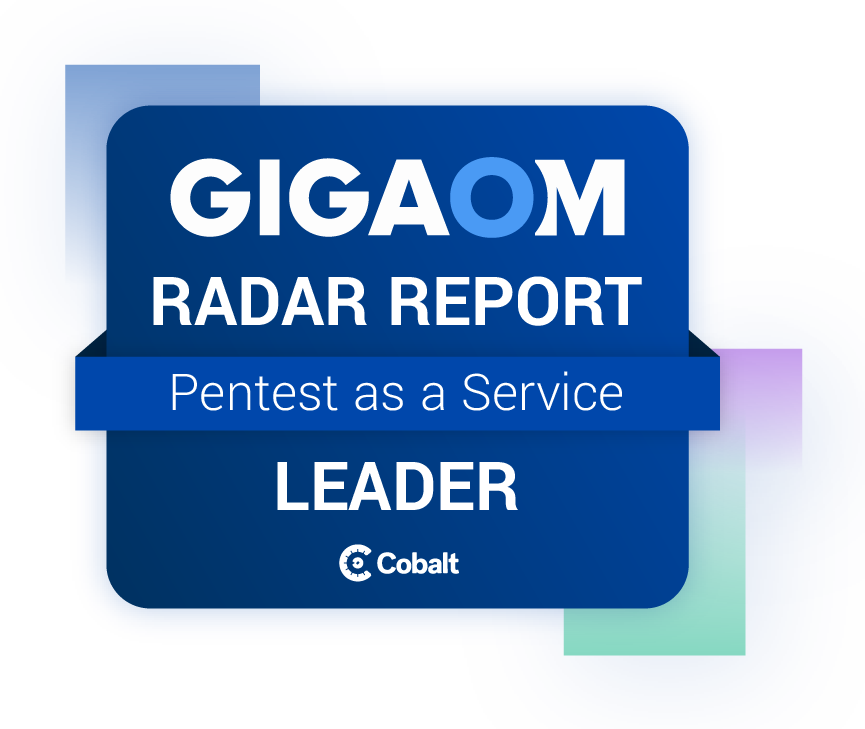
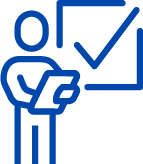


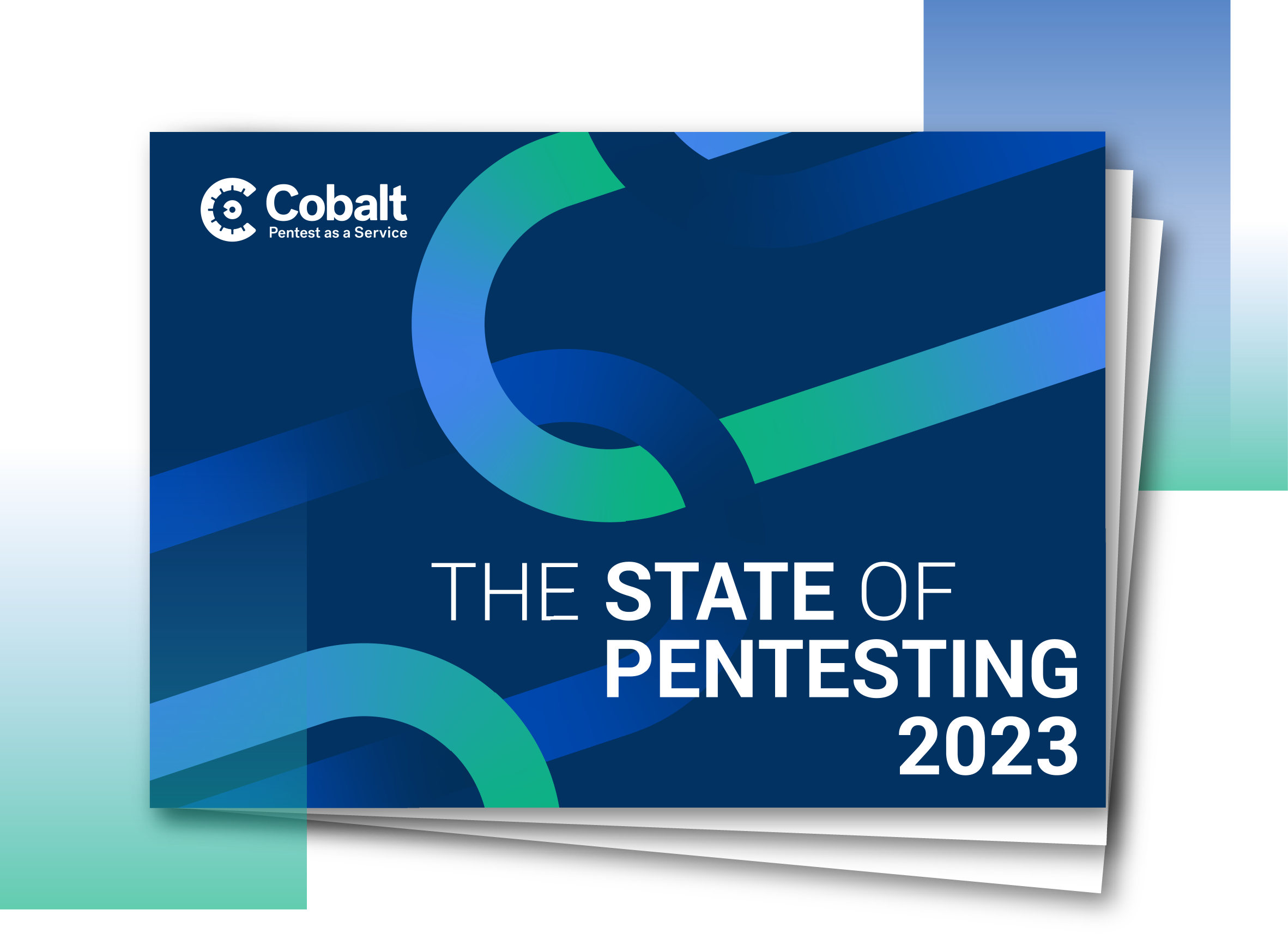
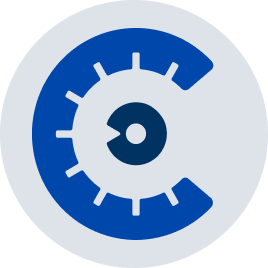
.png)

